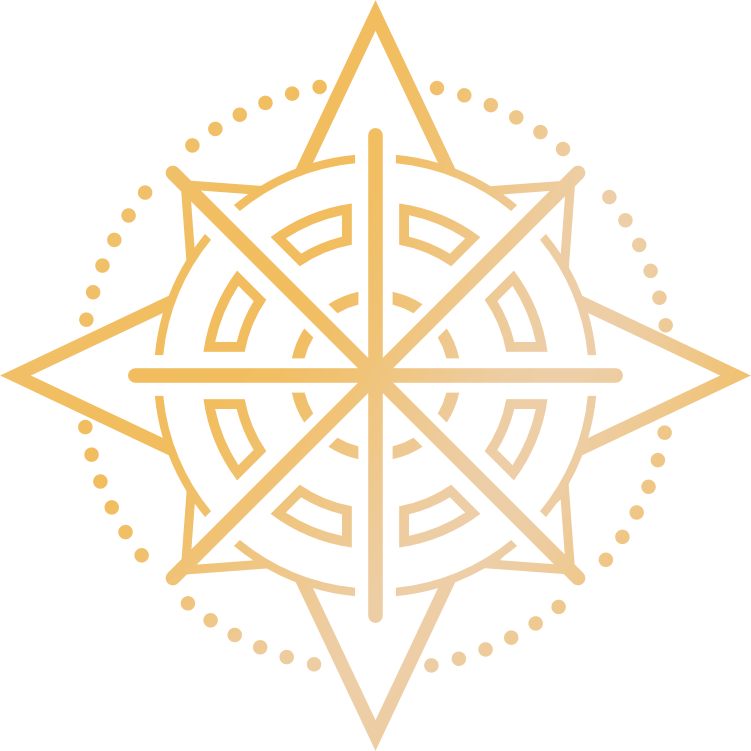Ten of Wands
The Ten of Wands in tarot is a card that instantly speaks to anyone who’s ever felt the weight of too many responsibilities. Visually, it shows a person carrying a heavy bundle of wands, bent under their load, moving forward with determination but also with visible struggle. This card often appears when you’re shouldering more than your fair share—at home, at work, or emotionally.
Understanding the Core Meaning
At its heart, the Ten of Wands is about burden. It’s the culmination of effort and commitment, but also a warning sign: the things you’ve taken on may now be too much to handle alone. It’s about reaching the finish line, but at a cost. This card recognizes the value of hard work and dedication, yet it also asks: At what point does your workload become unsustainable?
“You can do anything, but not everything.” – David Allen
Upright Ten of Wands: Meaning and Message
When the Ten of Wands appears upright, it signals that you are carrying a heavy load. You might be taking on more responsibilities than you can comfortably manage. This could look like being the go-to person at work, managing family obligations, or even maintaining emotional support for others while neglecting your own needs. It’s a card of perseverance and grit, but also of exhaustion and overwhelm.
- Completion: You are close to achieving your goals, but the final steps feel the hardest.
- Overwhelm: Stress, burnout, and physical or emotional fatigue are likely present.
- Duty: A strong sense of responsibility, sometimes at the expense of your well-being.
Psychological Insight (Upright)
From a psychological standpoint, the upright Ten of Wands often appears when you’re experiencing “compassion fatigue” or “self-sacrifice syndrome.” You may feel obligated to prove your worth by doing it all, believing that saying “no” means letting people down. Over time, this can lead to resentment, exhaustion, and even depression.
Key question: Are you carrying these burdens because you truly want to—or because you think you should?
Reversed Ten of Wands: Meaning and Message
In the reversed position, the Ten of Wands suggests a turning point. The pressure is being released. Maybe you’re learning to say “no,” delegating tasks, or letting go of responsibilities that aren’t truly yours. It could also mean you’re dropping the ball—either intentionally or because you simply can’t carry on as you are.
- Relief: Letting go of what’s too heavy to carry.
- Delegation: Asking for help and sharing the load.
- Avoidance: In some cases, avoiding responsibilities or denying how overwhelmed you really are.
Psychological Insight (Reversed)
Psychologically, the reversed Ten of Wands can be an invitation to reassess your boundaries. It’s about understanding the difference between healthy responsibility and unhealthy self-sacrifice. If you’re feeling guilty about “dropping” obligations, it’s worth exploring why. Are you prioritizing your mental health, or are you afraid of disappointing others?
“Caring for myself is not self-indulgence, it is self-preservation.” – Audre Lorde
Applying the Ten of Wands in Modern Life
In Everyday Life
Many of us live in cultures that praise busyness and productivity. The Ten of Wands asks you to pause and reflect: Are you taking on too much? Is your sense of identity tied to being “the responsible one”? If you’re feeling stretched thin, this card is a gentle nudge to reconsider your priorities.
- At work: Are you accepting extra projects out of fear or genuine interest?
- In relationships: Do you give more than you receive?
- With yourself: Are you honoring your own limits?
In Self-Development
This card is a powerful reminder that self-worth isn’t measured by how much you do for others. It encourages you to recognize when you’re pushing yourself too hard and to develop healthier boundaries.
Reflection Questions
- What am I carrying that no longer serves me?
- Where can I ask for help or support?
- How do I feel when I say “no” to someone?
Concrete Steps and Exercises
1. The “Burdens List” Exercise
Step 1: Take a piece of paper and list everything you’re currently responsible for—work, home, relationships, emotional support, even self-imposed expectations.
Step 2: Circle the items that truly matter to you.
Step 3: Put a check next to anything you could delegate, postpone, or release.
Step 4: Commit to taking action on at least one checked item this week.
2. Practice Saying “No”
Start with small, low-risk situations. Saying “no” isn’t selfish—it’s necessary for your well-being. If you struggle, write down a few gentle scripts, like: “I wish I could, but I can’t take on anything else right now.”
3. Mindful Check-In
Set aside five minutes each day to ask yourself: “How much am I carrying right now?” Notice any signs of tension, stress, or fatigue. Where is your body holding the burden? Breathe deeply and imagine letting go, even just for a moment.
Final Thoughts
The Ten of Wands isn’t just about hard work and exhaustion; it’s about learning to recognize your limits and honor your needs. It reminds us that while responsibility is valuable, it shouldn’t come at the cost of your own well-being.
“Sometimes the most productive thing you can do is relax.”
Remember: Tarot is not fortune-telling — it’s a mirror for reflection and growth.
Thank you for reading and reflecting with the Ten of Wands. If you find yourself returning to this card, remember: your value is not defined by the burdens you carry, but by your willingness to care for yourself as much as you care for others. Use this moment to check in with your boundaries, practice compassion toward yourself, and consider where you can create more space for rest and renewal in your life.
